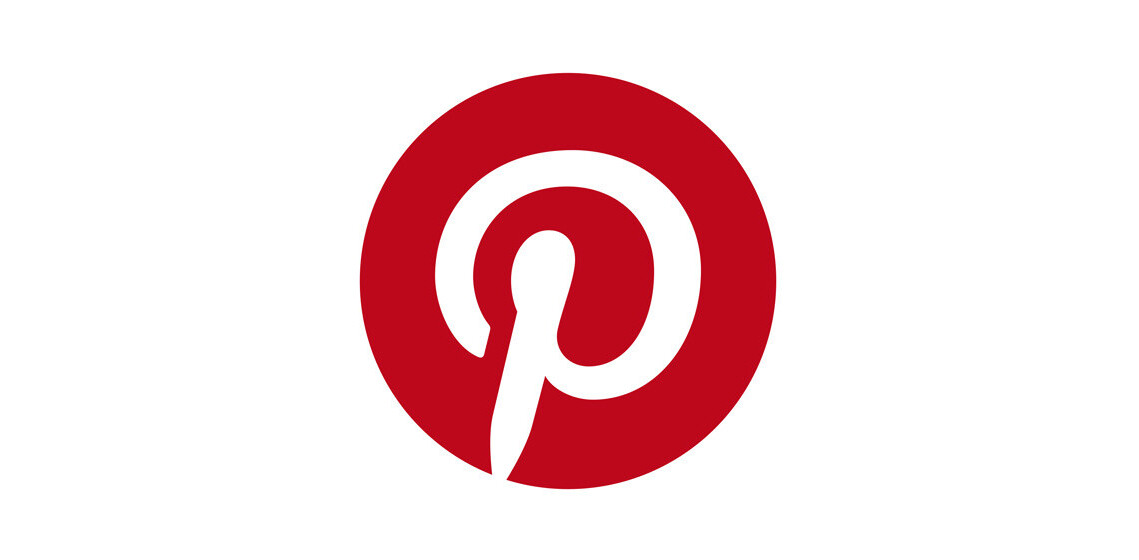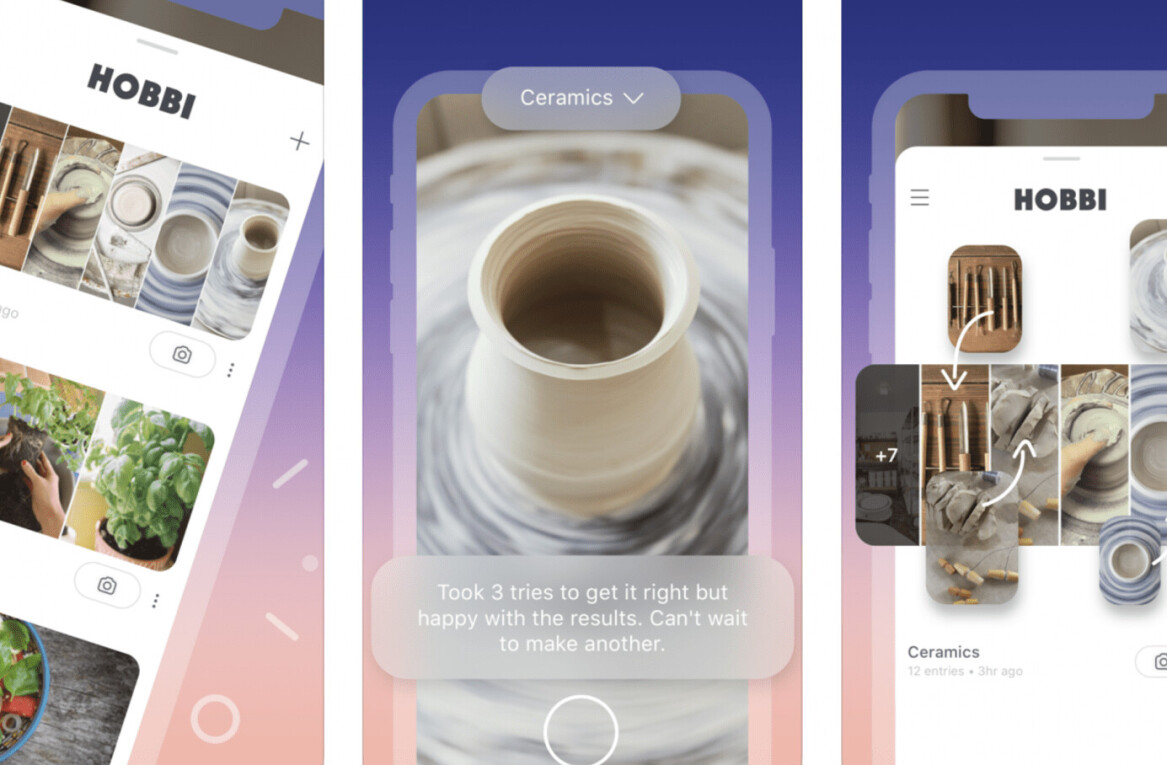
Fast growing social sharing site Pinterest has introduced significant changes to its terms of service and began to develop APIs to open the service up to third party developers and services.
An email sent out to registered users explains that the company has updated the original terms that have governed the site since it launched. The changes now see its terms split into three distinct groups — Terms of Service, Acceptable Use Policy, and Privacy Policy — which the company says are “easier to understand and better reflect the direction our company is headed in the future”.
The most significant of the new changes, which are set to go live on April 6, sees Pinterest relinquish its right to sell user content; something which the firm says it had never really intended to make use of:
Our original Terms stated that by posting content to Pinterest you grant Pinterest the right for to sell your content. Selling content was never our intention and we removed this from our updated Terms.
Another change sees the service follow Tumblr’s lead to out-right block all content relating to self harm:
We updated our Acceptable Use Policy and we will not allow pins that explicitly encourage self-harm or self-abuse.
The system for flagging infringing content has also been improved:
We released simpler tools for anyone to report alleged copyright or trademark infringements.
However the new changes have not changed the company’s stance on privacy as users remain “solely response” for all content that they post to the site. That leaves significant potential for copyright issues, a fear that has to some users, such as lawyer and former user Kirten Kowalski, for instance, deleting their boards, as VentureBeat reports.
Away from the terms and conditions, the company has made a significant move to introduce new features, by introducing a language that could see it release an API:
Finally, we added language that will pave the way for new features such as a Pinterest API and Private Pinboards.
The introduction of the API has been long expected and, once released, it will open the service to developers and third party services. The API would allow Pinning, and likely other features, to be integrated in the same way that sharing services allow sharing to Facebook and Twitter.
These moves come just over a week after the red-hot sharing service unveiled a new look for its profile pages, its first major redesign since it hit popularity.
Usage of the site has surged over the last year, with statistics showing that its traffic grew by more than 6,000 percent over the final six months of 2011, turning it into a service to rival Facebook, Twitter and other established social networks.
There are numerous examples which show that Pinterest is becoming a key driver of traffic across the Web. We’ve seen and heard reports that Pinterest gives more traffic than Twitter and serves more referrals than Google+, YouTube and LinkedIn combined, yet it is not rivaling the competition in the traditional sense as other services are benefiting from it directly.
Join us on Pinterest for cool and techie things to see and share
Get the TNW newsletter
Get the most important tech news in your inbox each week.





